Increased access and transparency for workers thanks to law from Villivalam
- Details
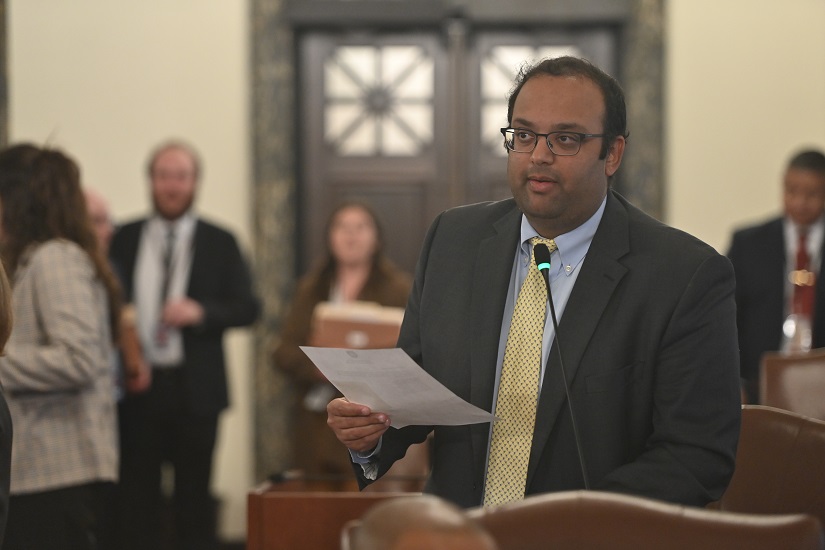 SPRINGFIELD — A law sponsored by State Senator Ram Villivalam expands the list of documents an employee can request from their employer and the manner in which they can request them, to ensure workplace transparency.
SPRINGFIELD — A law sponsored by State Senator Ram Villivalam expands the list of documents an employee can request from their employer and the manner in which they can request them, to ensure workplace transparency.
“Continuing to support workers and their rights within the workplace is important,” said Villivalam (D-Chicago). “This law ensures there are continued improvements within the workplace that benefit those who need it.”
Villivalam’s law expands the list of documents an employee can request, which include documents used to determine qualification of employment, contracts that are legally binding to the employee, handbooks, and any written employer policies or procedures.
Read more: Increased access and transparency for workers thanks to law from Villivalam
University, community college employees protected under Turner law
- Details
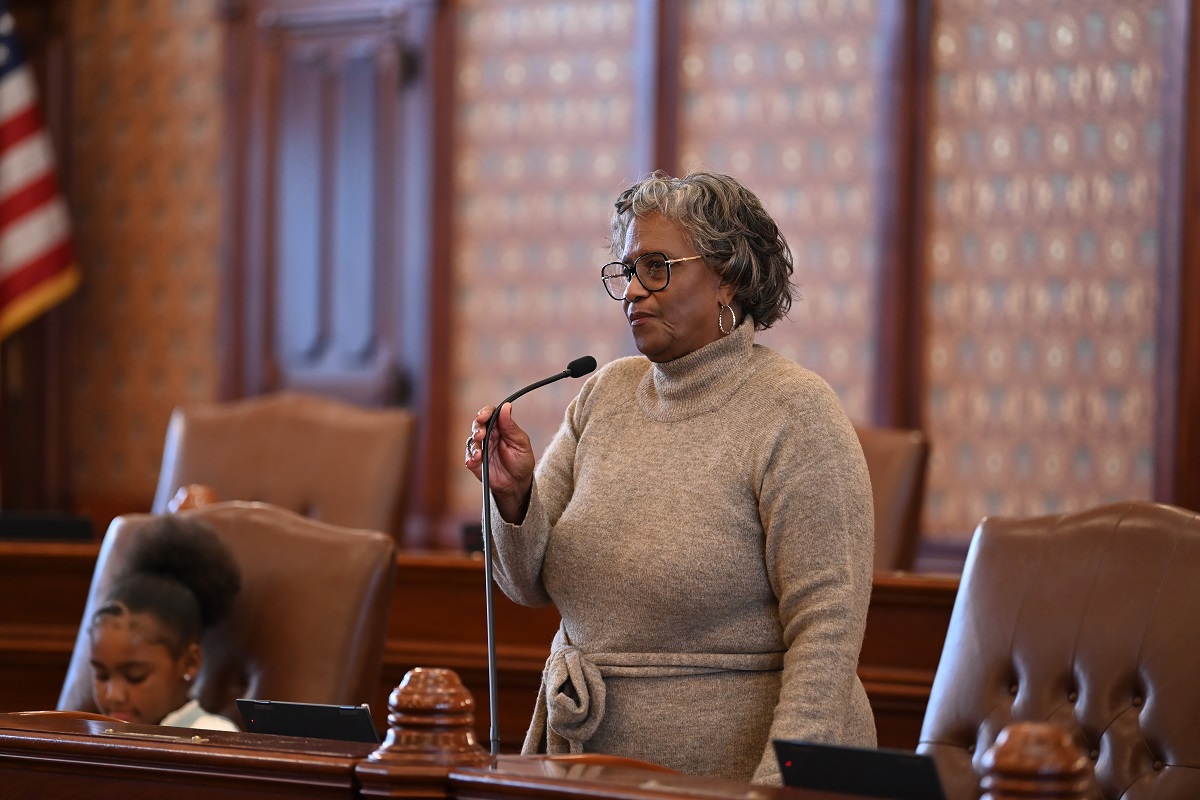 SPRINGFIELD – University and community college employees will receive their pay and benefits if a campus is closed due to a winter weather emergency, thanks to a new law sponsored by State Senator Doris Turner.
SPRINGFIELD – University and community college employees will receive their pay and benefits if a campus is closed due to a winter weather emergency, thanks to a new law sponsored by State Senator Doris Turner.
“All employees within our higher education institutions play a vital role in the normal, day-to-day operations on campus,” said Turner (D-Springfield). “No one should go unpaid without notice. That’s why I led this initiative to ensure workers receive the pay and benefits they deserve.”
Senate Bill 331 requires the Board of Trustees of each public university and community college to pay employees their daily, regular rate of pay and benefits if a campus is closed due to a city, county or state declaration of a winter weather emergency. The law does not apply if the day is rescheduled and the employee would be paid their daily, regular rate of pay and benefits for the rescheduled day when services are rendered.
Read more: University, community college employees protected under Turner law
Cunningham’s measure to rein in rogue towing companies signed into law
- Details
 SPRINGFIELD – State Senator Bill Cunningham’s measure to protect vehicle owners by updating towing regulations often abused by rogue towing companies was signed into law.
SPRINGFIELD – State Senator Bill Cunningham’s measure to protect vehicle owners by updating towing regulations often abused by rogue towing companies was signed into law.
“We have residents getting a surprise $1,500 bill when all they’re trying to do is pick up a vehicle that was stolen from outside their residence,” said Cunningham, a Democrat who represents portions of Chicago and the Southwest Suburbs. “This measure will stop towing companies from charging any storage fees on stolen vehicles and makes sure that a proper notification process is set up.”
Read more: Cunningham’s measure to rein in rogue towing companies signed into law
Edly-Allen law to protect incarcerated pregnant individuals
- Details
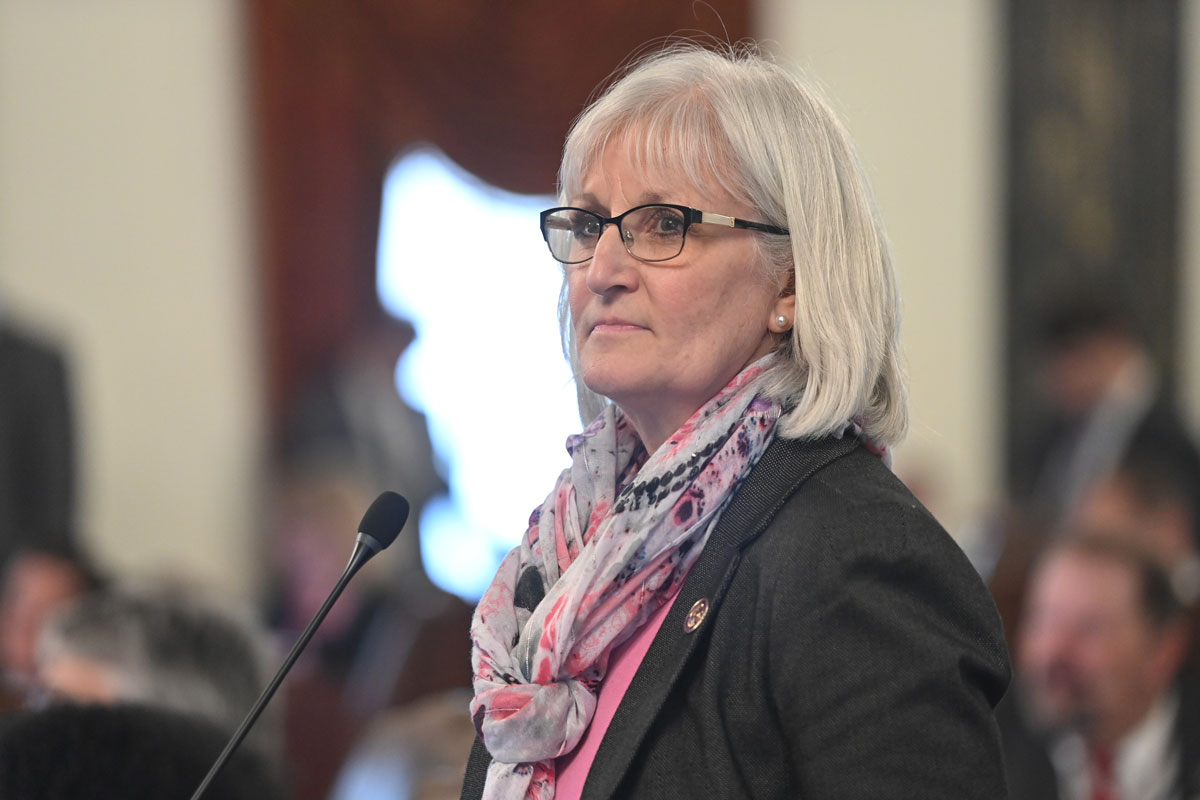 SPRINGFIELD – To unify the policies and procedures in jails and prisons in Illinois keeping new and expectant mothers safe. State Senator Mary Edly-Allen worked alongside the Women’s Justice Institute (WJII) to introduce a new law, HB5431, providing comprehensive protections for committed pregnant people, including banning the use of restraints. As the number of incarcerated pregnant women has increased over the years, many of these pregnancies have been left without adequate support.
SPRINGFIELD – To unify the policies and procedures in jails and prisons in Illinois keeping new and expectant mothers safe. State Senator Mary Edly-Allen worked alongside the Women’s Justice Institute (WJII) to introduce a new law, HB5431, providing comprehensive protections for committed pregnant people, including banning the use of restraints. As the number of incarcerated pregnant women has increased over the years, many of these pregnancies have been left without adequate support.
“This law aligns every jail and prison in Illinois to have safe policies and procedures when it comes to pregnant and postpartum incarcerated individuals,” said Edly-Allen (D-Libertyville). “I am proud to see Illinois strengthen protections and ensure these policies are equitably and humanly applied under this law.”
Read more: Edly-Allen law to protect incarcerated pregnant individuals
More Articles …
Page 141 of 735


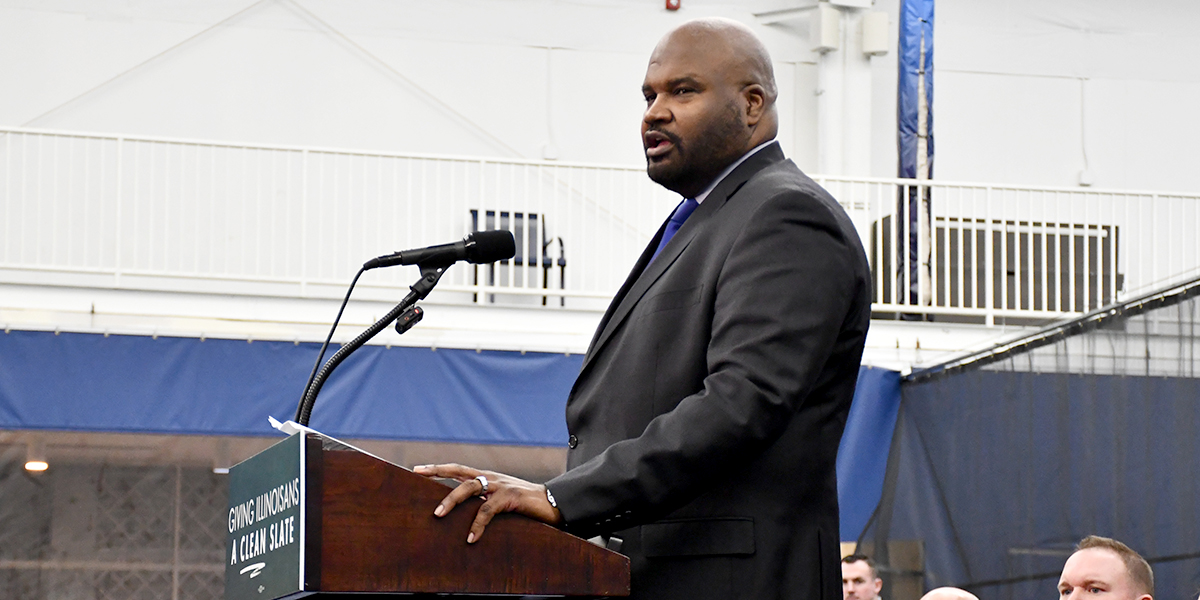
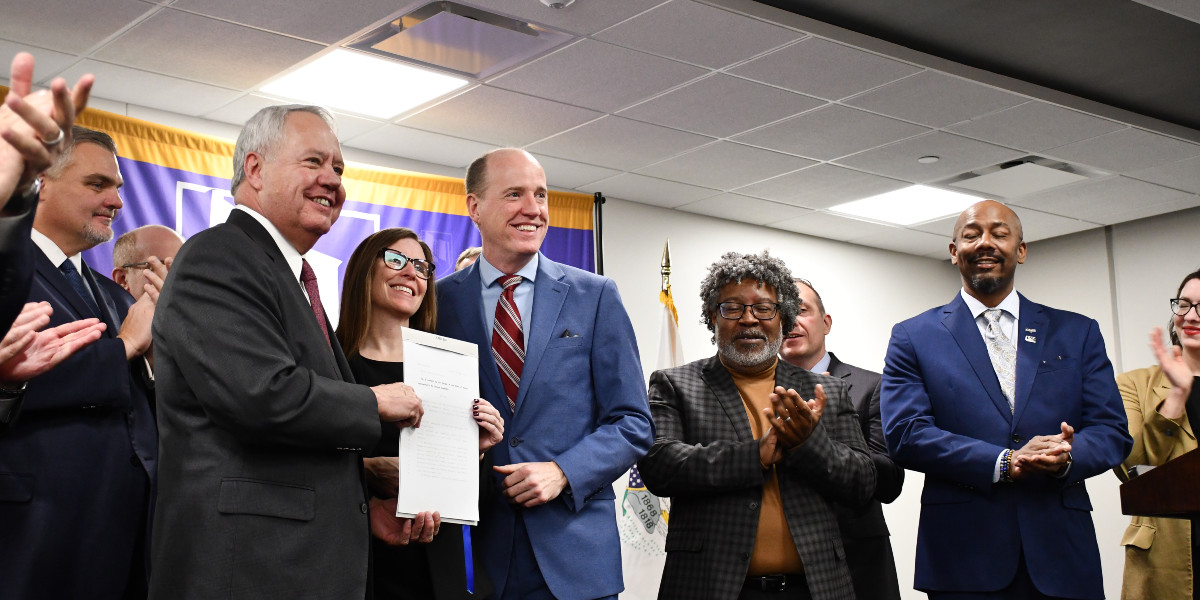
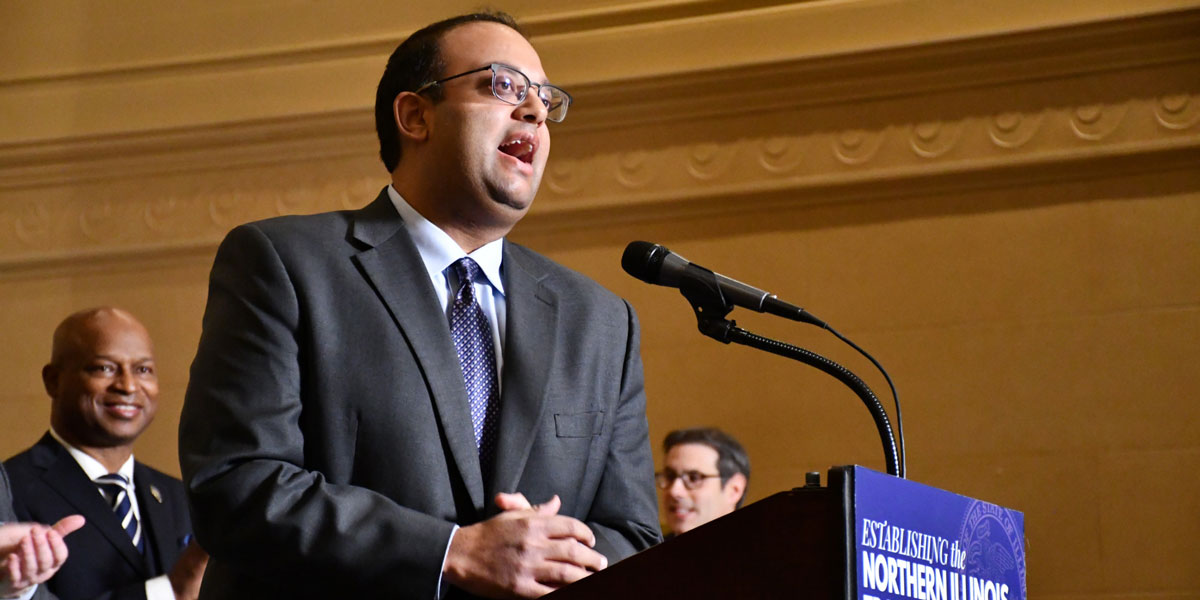
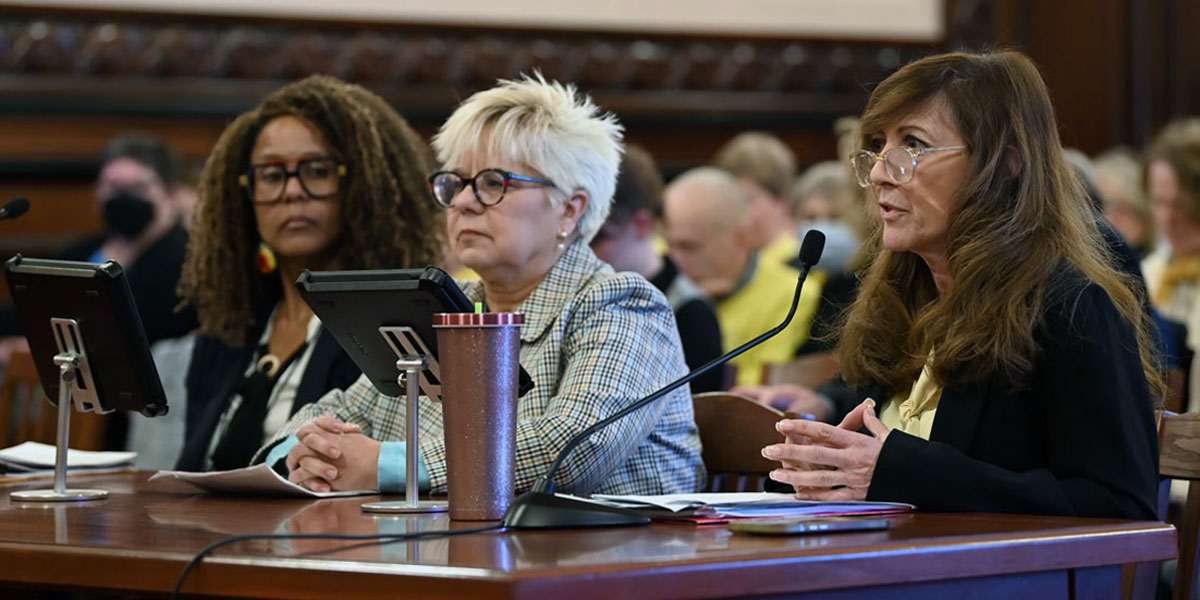


















 © 2026 Illinois Senate Democratic Caucus
© 2026 Illinois Senate Democratic Caucus